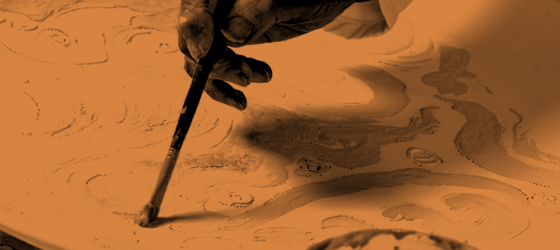Through the promotion of high-caliber research projects, the doctoral program aims to refine the cultural and professional training of scholars active in the fields of history, art history, and archaeology. The program offers an educational pathway founded on a multi- and interdisciplinary approach, anchored in the concept of “cultural heritage” as examined through the relational dimensions of historical and art-historical processes; the interdependencies among economic, political, legal, cultural, and social factors; and the global circulation, exchange, and interconnection of ideas, people, institutions, cultures, political models, concepts, images, and objects.
The teaching activity is organized into cycles of lectures delivered by the faculty members of the doctoral college, which are integrated within an annual program of conferences hosted by nationally and internationally renowned academics and scholars; seminar activities are also organized to provide students with specific methodological and critical tools.
Paying particular attention both to the resources and needs of the territory and to alignment with the most up-to-date international research guidelines and methodologies, one of the objectives of the doctoral program is to promote innovative research in the fields of knowledge, mediation, safeguarding, digitization, and inclusive management of cultural heritage that fully considers the specific needs of diverse audiences. Through educational activities and collegial and/or interpersonal meetings that promote awareness of inequalities, the doctoral college faculty intend to foster, drawing on various fields of study, shared reflections on the definition of subjective and collective identities, on the processes of constructing or deconstructing cultural memory, and on the colonial, patriarchal, and confessional implications inherent in the predominant Western modes of representation.
The educational offer is further enriched by workshops aimed at enhancing linguistic and digital competencies, as well as at illustrating strategies for the valorization and promotion of research. Moreover, the doctoral program benefits from international partnerships that facilitate the mobility of both students and faculty.
From an employment perspective, the doctoral program is designed to provide a structured education, the necessary skills, and adequate methodological tools for those who wish to become professional researchers in the fields of history, art history, and archaeology.
PhD graduates are qualified to undertake specialized activities in public and private institutions, both Italian and foreign, in the areas of research and teaching in history and art history, as well as in the identification, conservation, and enhancement of archaeological evidence and both tangible and intangible cultural assets. The scientific competencies provided by the program prepare graduates for research and teaching roles in universities and schools, for archival and library source conservation and enhancement, and for the management of cultural and environmental assets within state and municipal oversight bodies, national, regional, and civic museums, academies, foundations, publishing companies, and service organizations.
